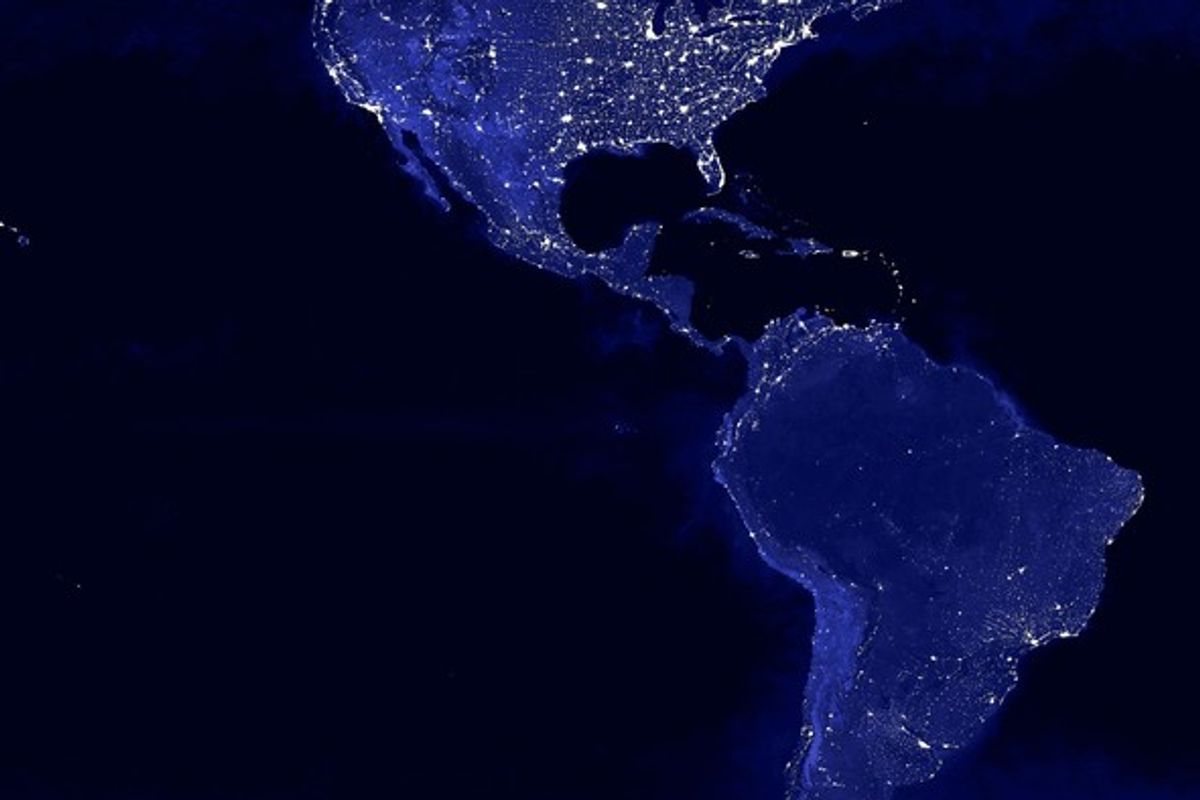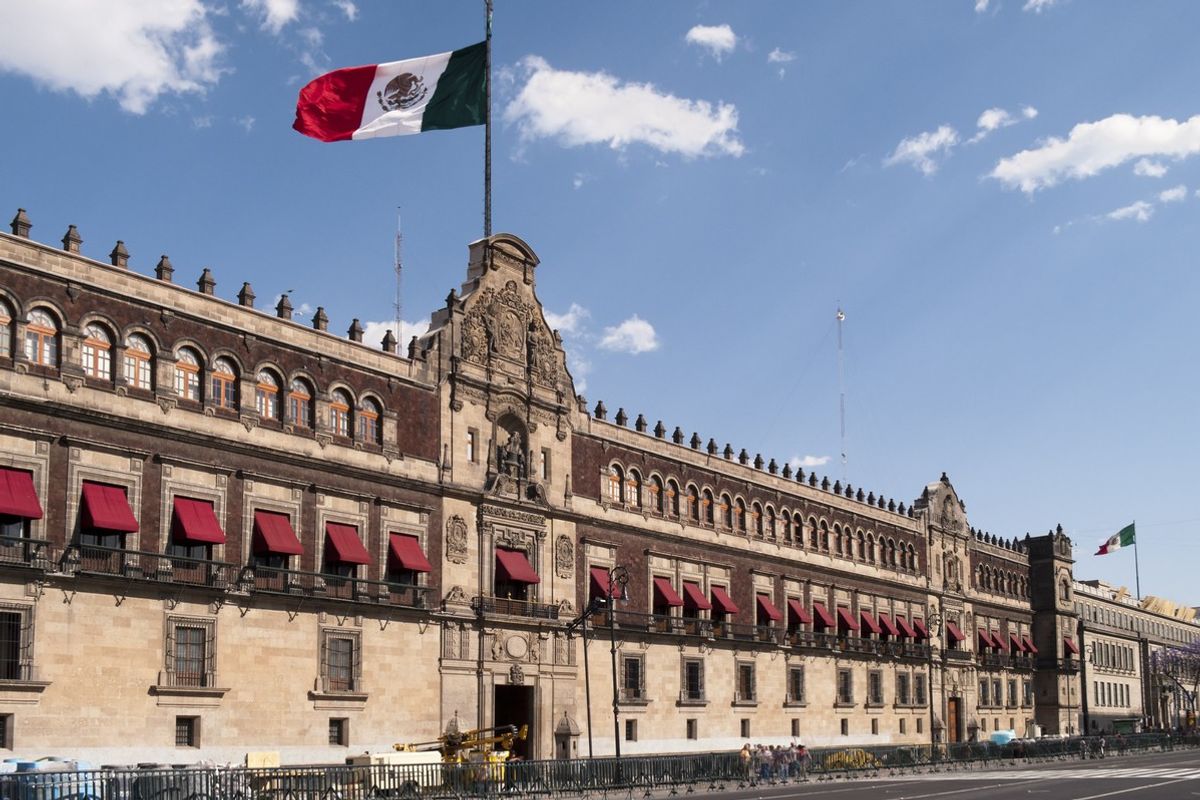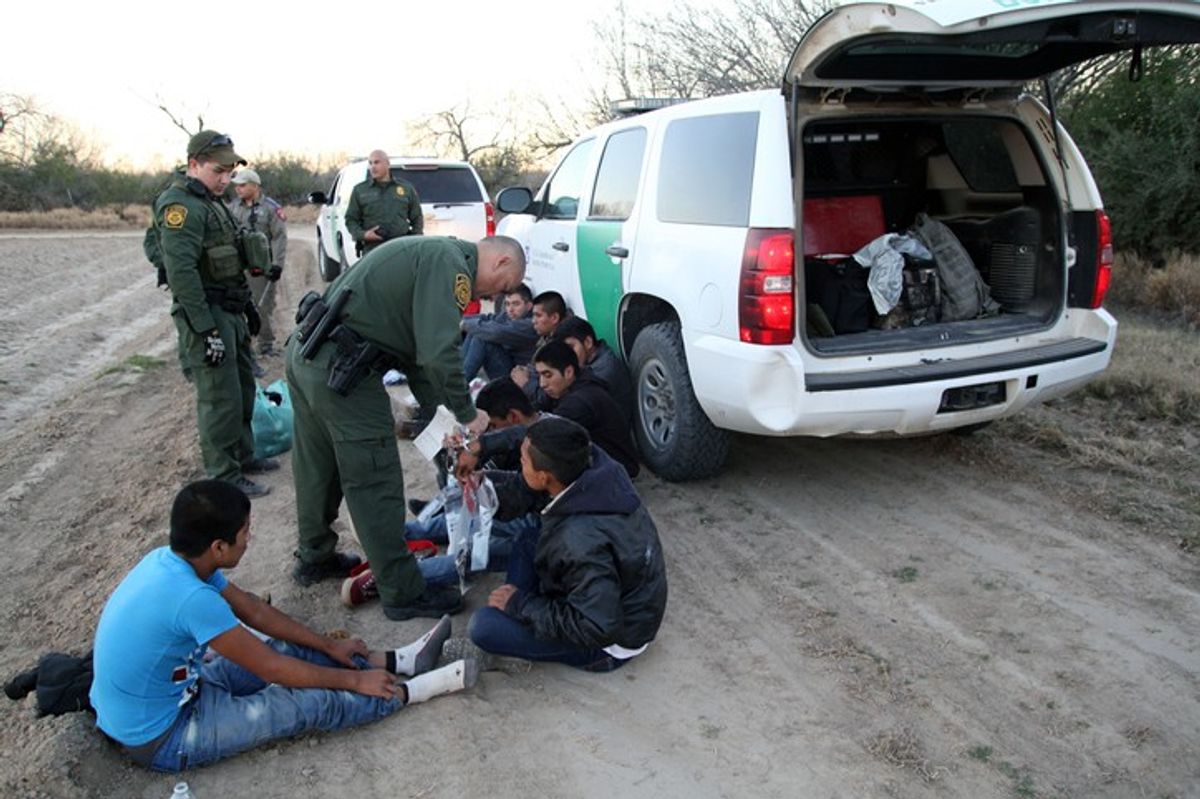In the last scene of the movie Sicario, children in Ciudad Juarez play soccer as their parents cheer from the sidelines. Gunshots are heard in the distance. Everyone pauses. And then the game continues.
Despite being fiction, this scene symbolizes what is true for people living in Juarez, and many other Mexican cities: that life goes on in environments with high and persistent violence and corruption.
Homicides in Mexico increased by 11 percent in 2015, to approximately 46 homicides per day. The rates differ from state to state but can be similarly terrifying. In the southeast state of Guerrero, a total of 324 homicides were reported in just the last two months of 2015. One of the most upsetting factors about this recent uptick in violence is that homicide rates had actually begun falling in 2012 and continued until last year.
Mexican organized criminals are, arguably, the primary source of this violence, driving the murders, kidnappings, drug trafficking, and corruption. The cartel business, which is worth billions of dollars, has left more than 100,000 people dead or missing in the last 10 years in Mexico. The rise in violence perpetuates a negative cycle that leads to economic loss and unemployment, which in turn drives people to join the drug trade.
But the solution is not as simple as killing or capturing leaders of the drug cartels. Mexico’s recapturing of the most powerful drug trafficker and leader of the Mexico-based Sinaloa Cartel, Joaquin “El Chapo” Guzman, demonstrated just that, as production and distribution networks have remained constant. Drug cartels already have significant hierarchical structures that allow them flexibility in their leadership’s absence.
Similarly, the problem is much deeper than not having enough funding or recruits for law enforcement; it is also the rampant corruption among officials. Pope Francis hit this chord last week during his five-day trip to Mexico when he said that drug trafficking was a cancer that devoured and destroyed Mexican society. The Pope encouraged Mexico’s leaders to provide “true justice” to citizens to cure this cancer. Indeed, Mexico was ranked last out of all the Organization for Economic Cooperation and Development (OECD) countries for levels of corruption in 2015. As a result, only about 19 percent of all crimes are actually reported, so criminals rarely face justice.
Recognizing the difficulty, and perhaps futility, in addressing these root causes, many have come to question if we are even framing the problem correctly. Former DEA Agent Mike Vigil said that he does not “describe the counterdrug efforts as a ‘war’ because all wars have an end and therefore… it is better described as a permanent campaign against illicit drugs.” Changing the strategy to focus on reduction and prevention, as opposed to elimination, of the violence is a more realistic goal in light of this assessment.
These problems are not isolated to Mexico, however, and therefore working with the U.S. is a necessity. “A deteriorating Mexico creates deteriorating national security challenge for the U.S.,” said former CIA Senior Intelligence Officer Kevin Hulbert, “and it creates serious issues with illegal immigration, smuggling, corruption, violence, and crime.” Mexican-based cartel conflicts, such as competition for a customer base, are sometimes transmitted into gang violence in Arizona, California, Texas, and other states.
But it’s a two-way street. The demand for drugs, mostly from the United States, fuels this violence. As long as the demand exists, drug cartels will emerge and adapt to meet this demand. Furthermore, the weapons driving this violence are being trafficked from the U.S., where it is easier to obtain guns. According to the U.S. Government Accountability Office, 70 percent of the firearms confiscated by Mexican authorities between 2009 and 2014 originated in the U.S.
As the violence in Mexico and its impact on the U.S. worsen, the question arises, how bad must the situation become for the U.S. government to decide it is time to pivot to North America?
Alana Garellek is an International Producer with The Cipher Brief.












